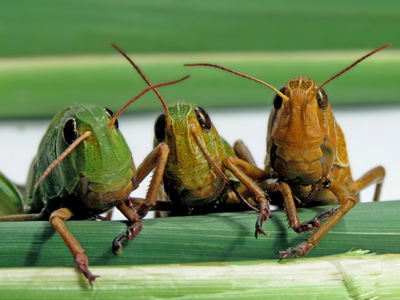

Grammar 60 - Future Passive
In the previous six High English quizzes on active and passive voice, we have seen how we write passive voice sentences in different tense forms. In this final quiz on the subject we look at the passive voice in the simple future and future perfect tenses.
In English, we use passive voice in several ways. We use passive voice when we want to change focus in the sentence. We may use it when we are not interested in what causes an action. We often use passive voice in scientific or factual writing. Sentences in passive voice undergo change depending on the tense. The form a passive voice sentence takes is common as far as the main verb is concerned. The main verb always takes its past participle form. Auxiliary verbs decide the tense in passive voice.
The future tense makes use of two words - ‘will’ and ‘shall.’ Generally, sentences use simple future and future perfect tenses for expressing in the passive voice. In the simple future tense, the passive voice sentence takes this form:
Rewrite the sentence in future perfect passive form. Choose from the following options.
Rewrite the sentence in simple future passive form. Choose from the following options.
Rewrite the sentence in future perfect passive form. Choose from the following options.
Rewrite the sentence in simple future passive form. Choose from the following options.
Rewrite the sentence in simple future passive form. Choose from the following options.
Rewrite the sentence in future perfect passive form. Choose from the following options.
Rewrite the sentence in future perfect passive form. Choose from the following options.
Rewrite the sentence in future perfect passive form. Choose from the following options.
Rewrite the sentence in simple future passive form. Choose from the following options.
Rewrite the sentence in simple future passive form. Choose from the following options.
Ready for more?
not all...
quizzers. Try to win a coveted spot on our Hall of Fame Page.






